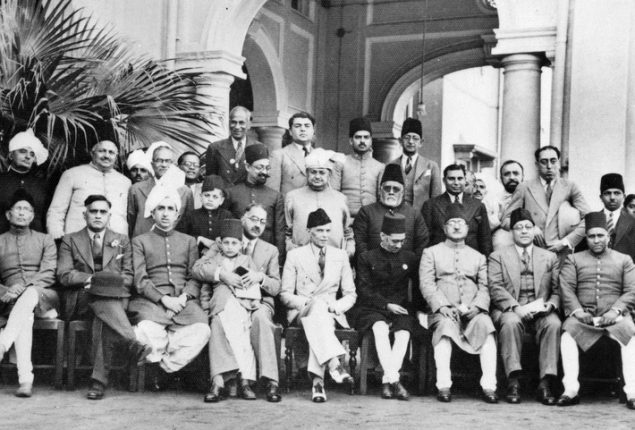
Founding Fathers of Pakistan
“When the British Raj finally ended, Jinnah, soon-to-be Governor-General of the Dominion of Pakistan”, said Quaid-e-Azam Muhammad Ali Jinnah on 11 August 1947.
In 1947, amidst an emotional storm of belief and incredulity, hope and despair, Pakistan was carved out of British India as a homeland for South Asia’s Muslims. It was a solution to a problem the united Indian framework refused to solve—a communal question that had grown unmanageable.
But what began as a dream of a progressive, inclusive, and modern Islamic welfare state quickly became a struggle to survive amid internal crises, power vacuums, and institutional overreach.
A One-Man Nation:
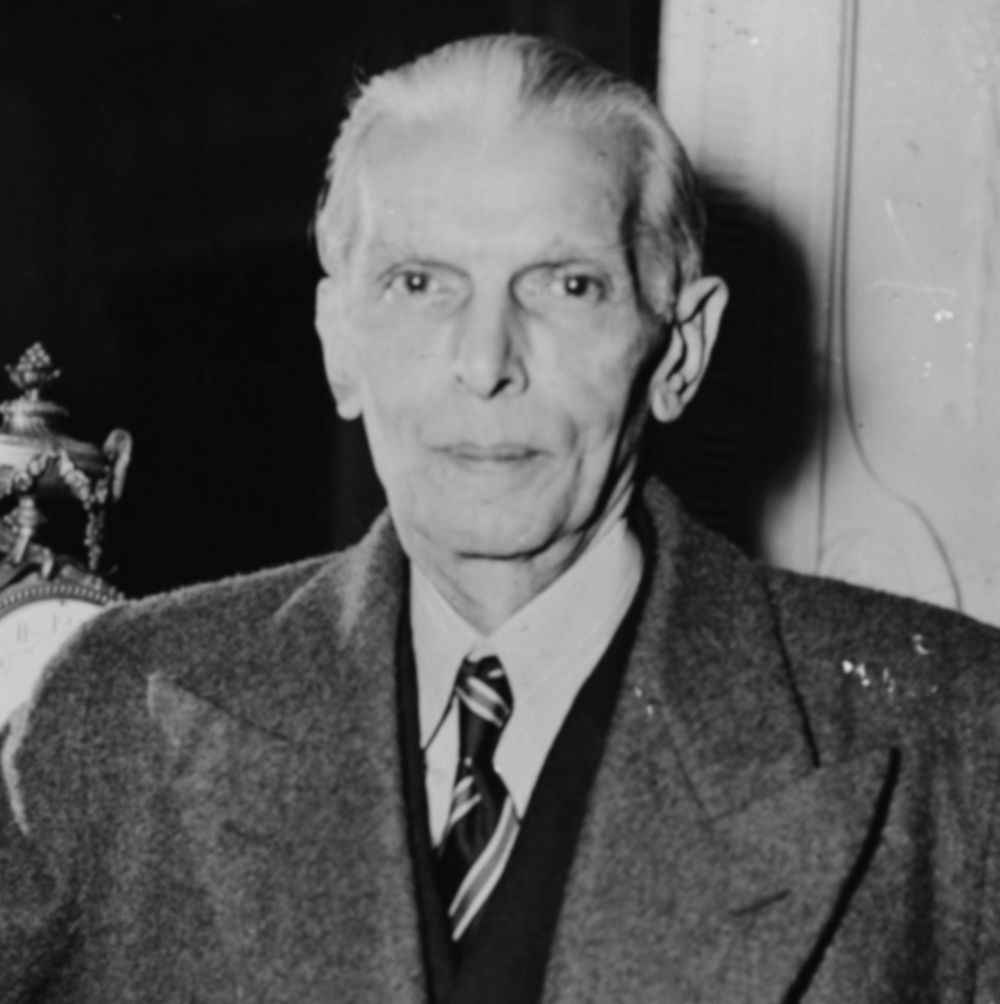
Quaid-e-Azam Muhammad Ali Jinnah
Few leaders have reshaped history like Muhammad Ali Jinnah. Leonard Mosley called Pakistan’s birth a “one-man achievement.” Historian Stanley Wolpert was even more direct:
“Few individuals significantly alter the course of history. Fewer still modify the map of the world. Hardly anyone can be credited with creating a nation-state. Jinnah did all three.”
Yet therein lay the seeds of vulnerability. Pakistan’s movement, dominated so singularly by Jinnah, never developed a broader base of mature leadership. When Jinnah passed away just 13 months after independence, Pakistan was thrust into uncertainty. Beverly Nichols, a British journalist, had warned prophetically:
“If Gandhi goes, there is always Nehru, or Patel, or Rajagopalachari… But if Jinnah goes, who is there?”
The answer, tragically, was no one.
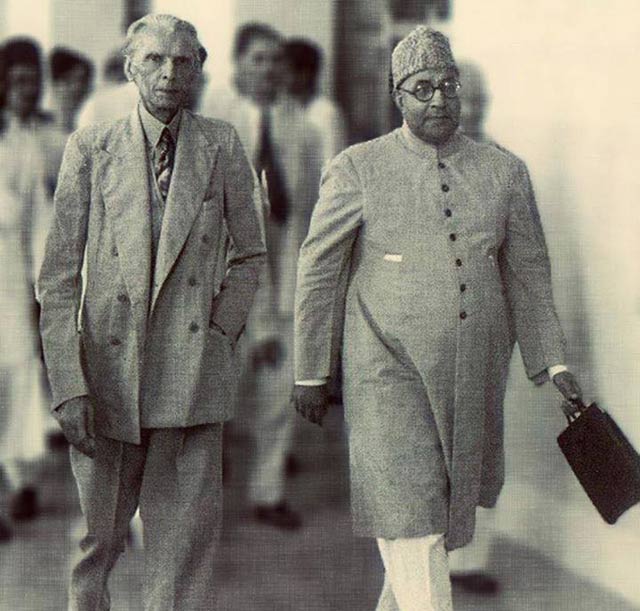
Liaquat Ali Khan lawyer, politician and statesman who served as the first prime minister of Pakistan from 1947 to 1951
Liaquat Ali Khan, Jinnah’s close aide, tried to fill the void. While he rose in stature, he could never wield the authority or vision of his predecessor. The political capital of the new nation was shockingly shallow.
A Party Without Roots:

All-India Muslim League (1947 to 1958)
The Muslim League, which had steered Pakistan’s movement, was more of a mass mobilization platform than a structured political party. It had few grassroots cadres, no ideological cohesion, and little capacity to function in governance.
There were early voices within the League proposing its dissolution post-independence to allow new political alignments to emerge—natural parties with distinct ideologies and regional representation. But those proposals were shot down. The result was a party unable to transition from agitation to administration.
Many of its senior figures were deeply provincial in their reach, often rivals in their home territories. The League was quickly overwhelmed by the civil and military institutions that adapted swiftly to their new roles.
Worse still, the League’s post-independence leadership ignored key regional leaders—politicians who may not have supported the Pakistan movement but had strong local legitimacy. These included Khan Abdul Ghaffar Khan, Abdul Samad Achakzai, G.M. Syed, and Ghous Baksh Bizenjo—figures who could have helped cement a federal, inclusive, and pluralistic vision for Pakistan.
Marginalising Voices of Dissent:
Jinnah himself had offered reconciliation. He proposed Dr. Khan Sahib—Ghaffar Khan’s brother—as governor of the NWFP. But such overtures were frustrated. The League preferred to marginalize rather than engage.
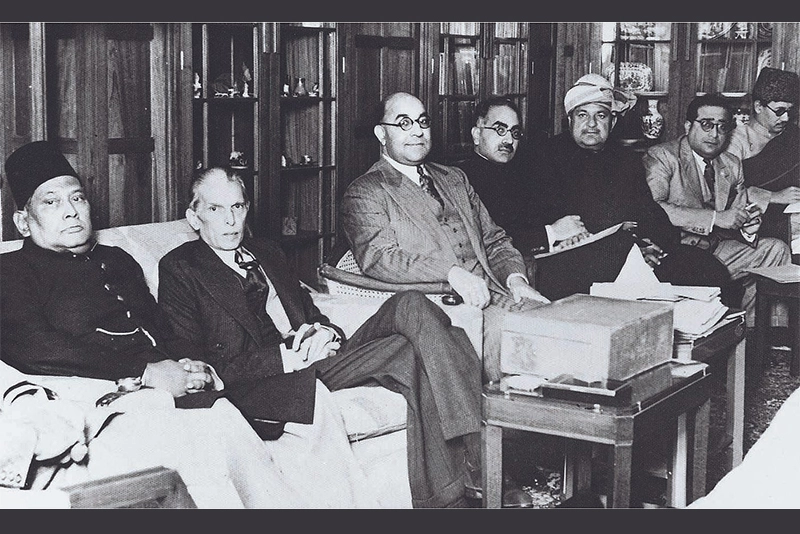
A.K. Fazlul Haq: One of the best-loved leaders of Bengal
Even within its own fold, leaders who stood for provincial autonomy or civil liberties were gradually shown the door. Men like Suhrawardy, Fazlul Haq, Maulana Bhashani, and Iftikharuddin were once at the heart of the League. Their alienation weakened the nascent democratic order further.
Rise of the Bureaucratic-Military State:
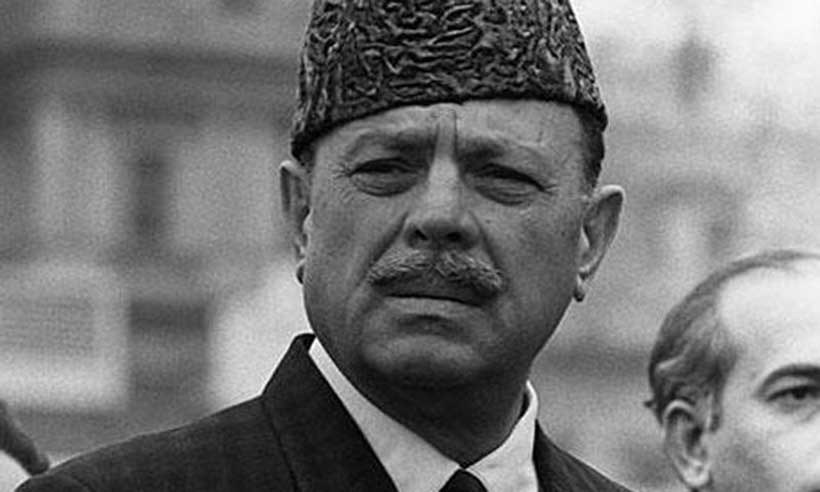
Military leader and politician Ayub Khan
Partition had left Pakistan insecure. The war over Kashmir in 1947–48 and festering hostilities with India offered the perfect justification: a state built on national security. Development was soon aligned not with social uplift but with military strength. Welfare, democracy, and pluralism were quietly sidelined.
The U.S. became a convenient partner in this arrangement. Liaquat Ali Khan’s early trip to Washington was framed as a “spiritual bridge,” but his shifting ideas towards non-alignment later isolated him. By 1951, he was assassinated under mysterious circumstances. The Rawalpindi Conspiracy Case and sidelining of civilian leaders showed clearly where real power lay.
A Divided Legacy:
Historians have extensively chronicled Pakistan’s authoritarian drift. But long before them, writers and artists captured the soul of a nation in turmoil.
Saadat Hasan Manto laid bare the hypocrisy and trauma of partition. Faiz Ahmed Faiz and Noon Meem Rashid gave voice to the dispossessed and the betrayed. Ahmad Nadeem Qasmi sketched the dilemmas of a divided people.
These were not just poets or writers—they were conscience keepers. Shouldn’t they too be remembered as founding fathers, alongside the politicians?
A Future Yet to Be Written:
Pakistan’s story is one of paradoxes—founded on dreams of liberty, yet shackled by authoritarianism; created in the name of unity, yet marked by division. What might have been a federal, democratic Islamic welfare state became a centralised, security-obsessed entity.
Yet history is not destiny. The voices that were once ignored—regional leaders, intellectuals, artists—still echo in the country’s cultural and political landscape. The question remains: will they ever be truly heard?
Pakistan’s journey, like that of all nations, is still unfolding. But to chart a better future, we must first understand where the road turned—and why.
Read More News On
Catch all the Pakistan News, Trending News, Breaking News Event and Latest News Updates on The BOL News
Download The BOL News App to get the Daily News Update & Follow us on Google News.




